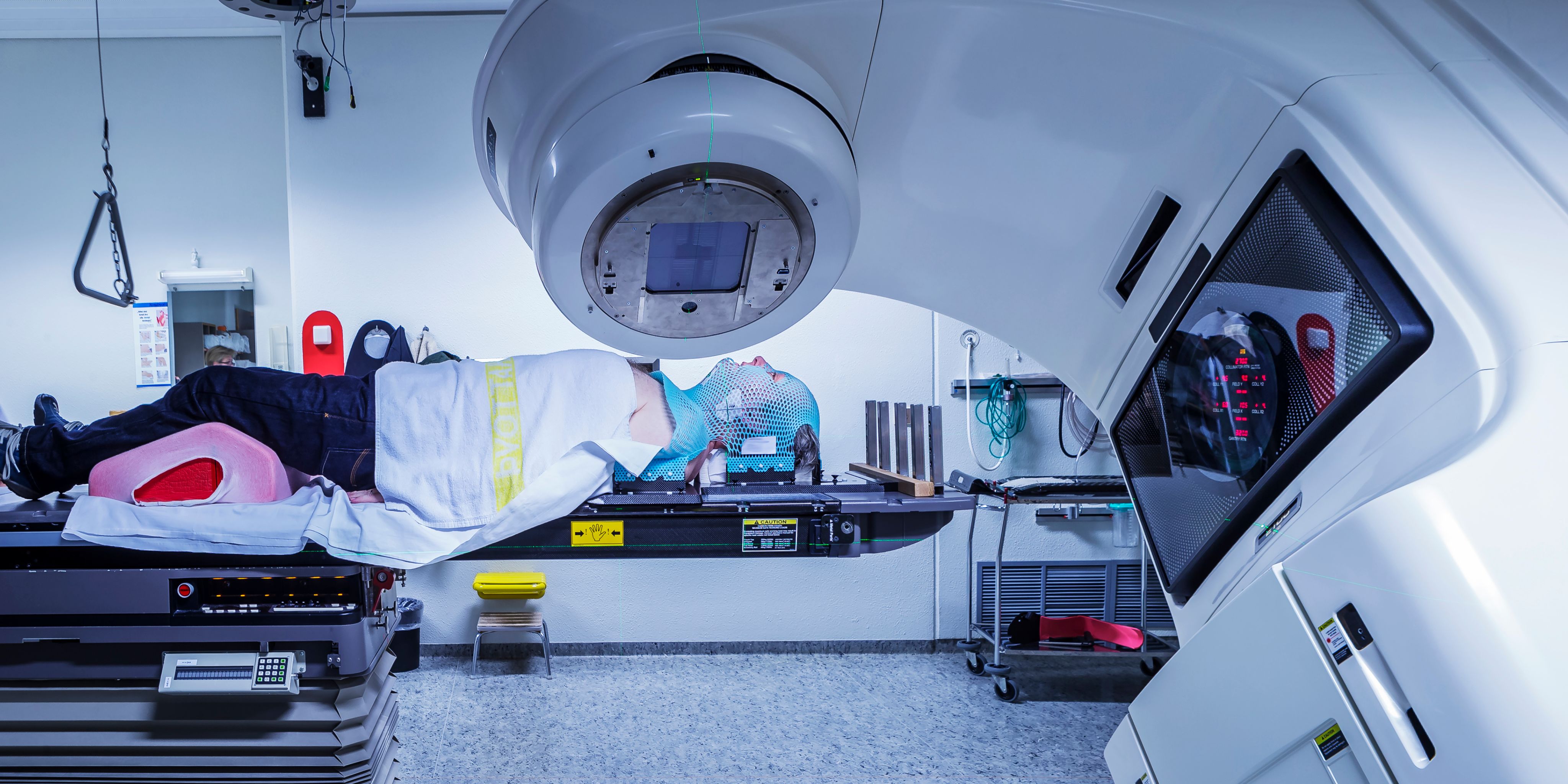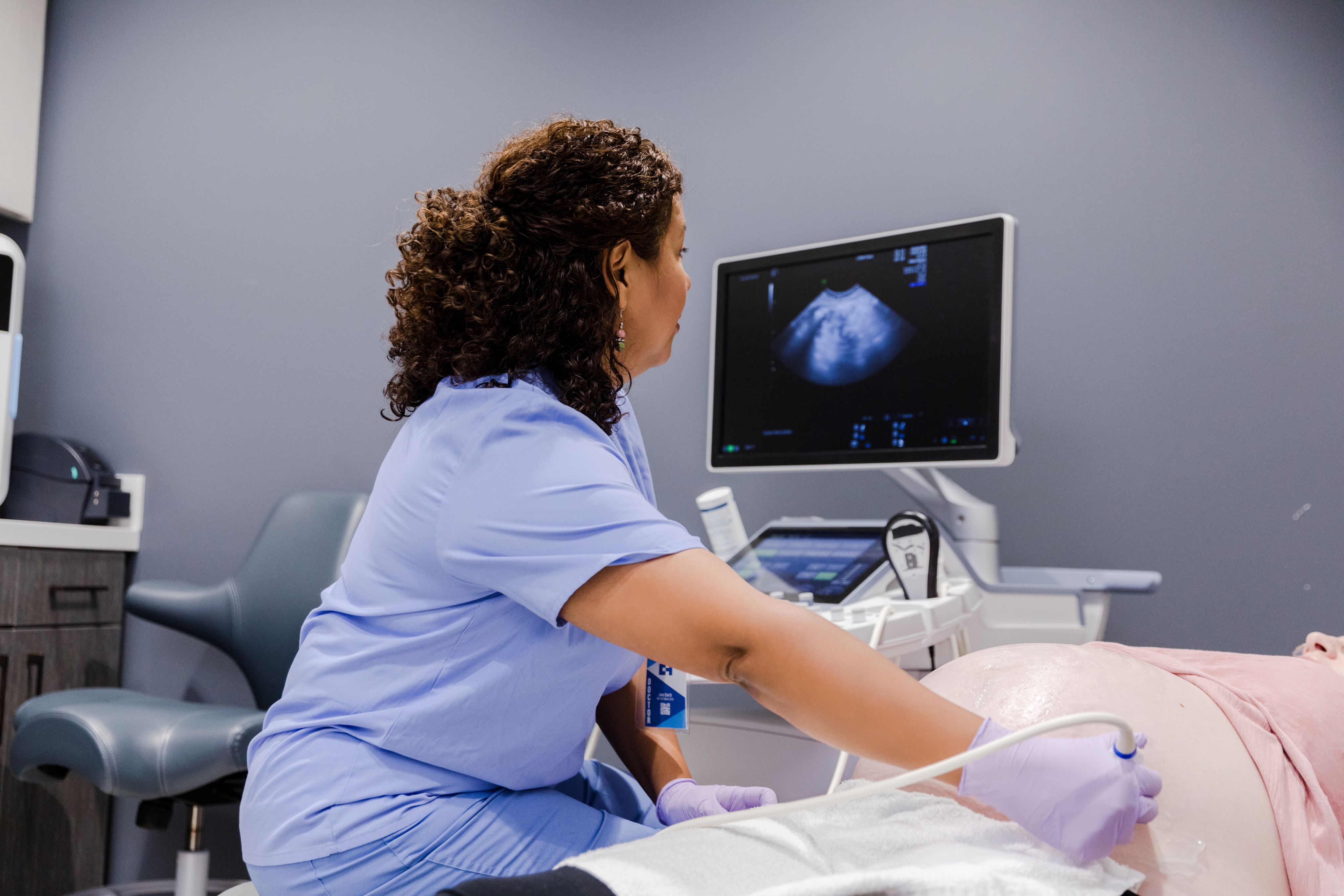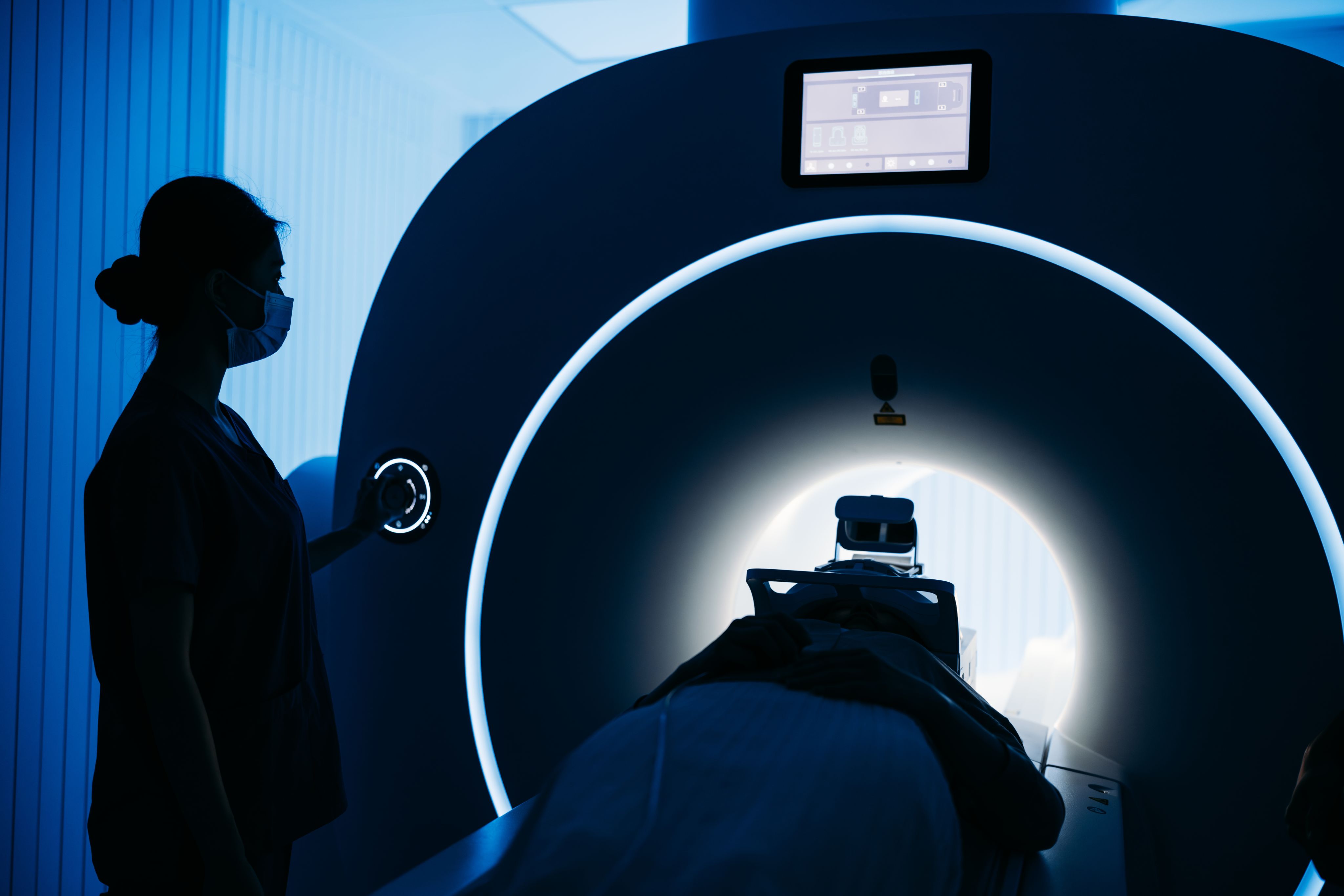News
Briefing (COPY) (COPY) (COPY) (COPY) (COPY) (COPY) (COPY) (COPY) (COPY) (COPY) (COPY)
Patients should not film clinical procedures without permission, says Society of Radiographers
The Society of Radiographers (SoR) has said that patients who film their medical treatments to upload to social media risk compromising their treatment and publicising other patients’ medical information.
The organisation is arguing for clear guidelines on social media use that would prevent patients from photographing or filming medical procedures without permission.
Filming medical procedures could cause discomfort and anxiety for healthcare staff, and potentially impact the quality of treatment.
Ashley d’Aquino, a Therapeutic Radiographer working in London, raised the issue at the SoR’s Annual Delegates Conference in April. She said an increasing number of patients were recording their treatments for TikTok or Instagram, adding that she had been approached about the issue by members of staff because she is a union rep.
“I had one patient whose relative started filming while I was trying to set up the treatment,” she said. “It wasn’t the right time – I was trying to focus on delivering the treatment.”
To learn more about the SoR’s stance, click here
Investment in radiotherapy equipment must be matched to workforce and service support, says SoR
The Department of Health and Social Care (DHSC) has confirmed a number of investments in cancer treatment equipment; however, the Society of Radiographers (SoR) has said that replacing machines does not go far enough.
In May, the DHSC confirmed that it had paid to replace linear accelerator machines at 28 hospitals. This was funded by a £70m investment from its Plan for Change.
The machines will be operational at hospitals across the country from August 2025. Hospitals that currently use outdated treatment machines – ie, those that are more than 10 years old – will be prioritised.
While the SoR welcomed the move, Spencer Goodman, professional officer for radiotherapy at the SoR, said that a “whole-system approach is essential” to overcoming the challenges facing cancer care.
“Radiotherapy delivery depends not just on state-of-the-art technology but on a resilient, well-staffed and well-supported workforce operating within efficient and patient-centred care pathways,” he continued.
To read more about the new machines and the society’s recommended approach, click here
SoR publishes case studies on sonographer training capacity
The Society of Radiographers has released case studies and guidance on increasing training capacity for sonographers in a new document.
The move comes in response to changes within sonographic education and workforce shortages.
Entitled Potential Ways to Increase Sonographer Training Capacity: case studies, the document was created as part of the Health Education England Sonography Training Group (STG). It aims to increase the ultrasound clinical training capacity.
The document outlines a number of models, initiatives and career progression paths from across the UK and farther afield.
Gill Harrison, professional officer for ultrasound and chair of the STG at the time of the studies, said she hoped the document would generate discussion between NHS Trusts, health boards and both regional and country-wide networks.
“Some are focused on low-cost, local-level ideas, while others require funding and wider collaboration, but this publication might help with the development of a business case for additional funding.”
SoR supports statutory registration for nuclear medicine technologists
The Society of Radiographers (SoR) has joined the British Nuclear Medicine Society and the Institute of Physics and Engineering in Medicine (IPEM) in their call to change registration policy for nuclear medicine technologists from voluntary to statutory.
Currently, clinical technologists working in nuclear medicine are not statutorily regulated in the UK, unlike HCPC-registered radiographers. Nuclear medicine technologists can apply to be on the Register of Clinical Technologists (RCT), but this is a voluntary register.
“The SoR and radiographers working in nuclear medicine support their technologist colleagues in achieving statutory regulation, which is essential for ensuring quality and enhancing standards for both the workforce and patients,” said an SoR spokesperson.
“This issue complicates the recruitment process for numerous vacant positions as there is no framework in place to guarantee that essential knowledge, skills and competencies are met, especially given that many colleagues are trained overseas.”
The IPEM estimates that roughly 50 per cent of clinical technologists register with the RCT.
UKHSA issues alert for burkholderia stabilis outbreak linked to skin wipes
The UK Health Security Agency (UKHSA) has put out an alert regarding an outbreak of burkholderia stabilis (B stabilis) that has been linked to the potential contamination of skin cleansing wipes.
The UKHSA has said that B stabilis has been picked up from a number of non-sterile alcohol-free skin cleansing wipes. At time of writing, there were 48 confirmed cases of B stabilis in the UK and one in the Republic of Ireland.
While the outbreak is being monitored, healthcare providers must ensure local guidance and practice reflects National Evidence-Based Guidelines for Preventing Healthcare-Associated Infections in NHS Hospitals in England. Patients must be aware that they should only use wipes if told to by their clinical team, and to only use wipes provided or recommended by their clinical team.
In addition, community healthcare providers should tell patients to only use wipes marked as sterile on broken skin, including wounds. NHS trusts and independent sector laboratories are asked to submit any isolate from a new infection with Burkholderia cepacia complex to the UKHSA AMRHAI reference laboratory. This includes any new isolations from cystic fibrosis patients.
Read more








